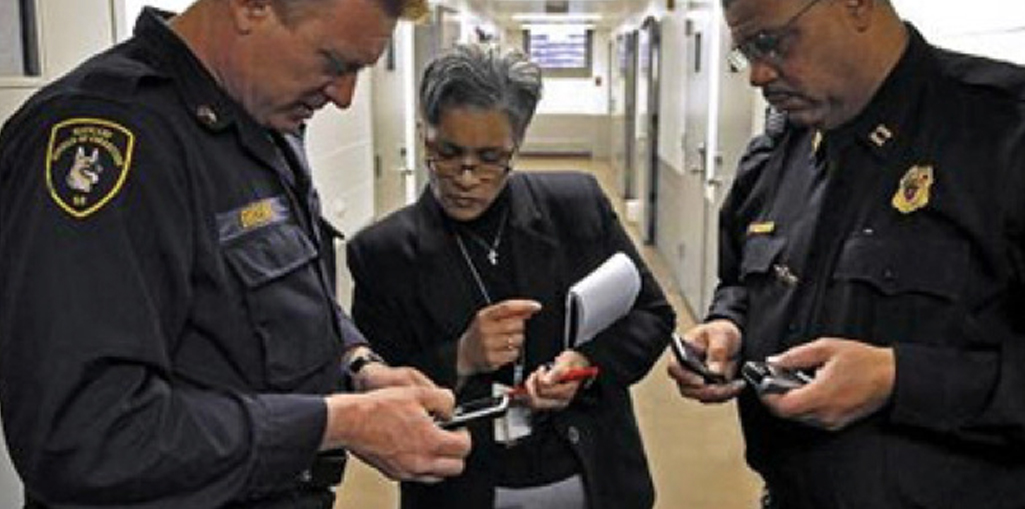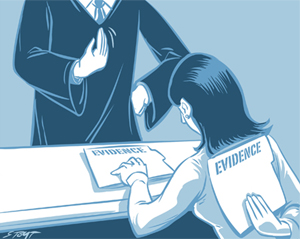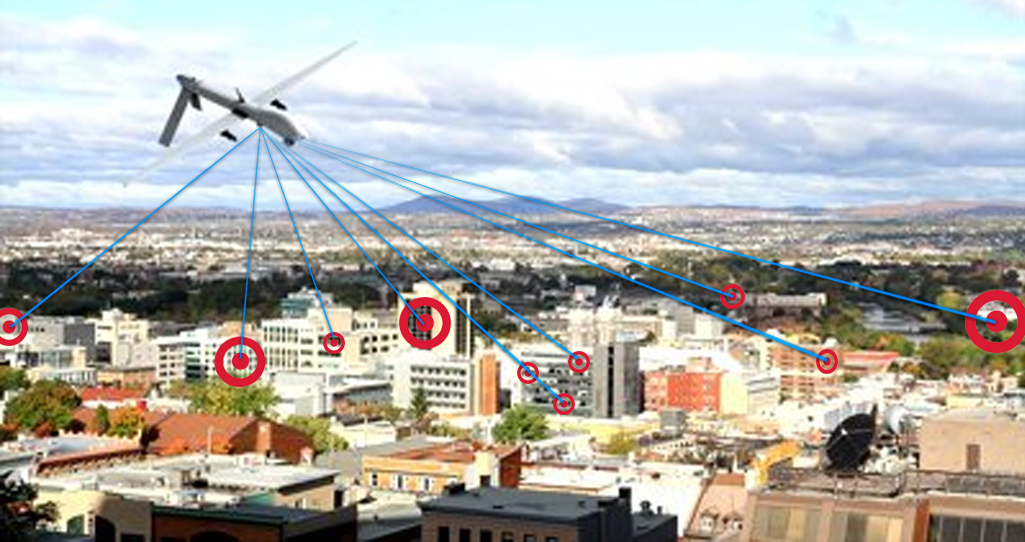Mr. Glover, a Kansan pickup truck owner, was driving when he passed a sheriff’s deputy. The deputy, who was randomly checking license plates, searched the plate of his truck. Upon his search, the deputy found that the state revoked the license from the registered owner of the truck. The sheriff, assuming Glover was driving, pulled the truck over, verified that the driver was Glover, and charged him with driving on a suspended license. Glover did not accept the idea that he was lawfully stopped and detained. Instead, he believed that the police had no right to stop. The officer hadn’t witnessed him commit any violation of law. The deputy only had a “hunch” he was driving the truck. After all, he hadn’t done anything that would satisfy the usual standard for probable cause to detain. That is, something the officer saw that led him to believe that the driver had committed a crime. Glover’s lawyers argued the misdemeanor case all the way to the US Supreme Court. On April 6, 2020, the United States Supreme Court ruled in favor of the State of Kansas and made law that the rest of the country is going to have to live with as well. It is now legal for police to assume the driver of a car is also the registered owner.
Before the Glover decision, police needed reasonable evidence to confirm the identity of a driver they knew was driving without a valid license before making a traffic stop. If the identity of the driver wasn’t known to the police there had to be an articulable objective suspicion of criminality before a detention could occur. No longer, it is now much easier for police to stop your car on the road and issue a traffic ticket.
Our founding fathers created the Fourth Amendment to the Constitution, the protection against unreasonable searches and seizures, to protect us from abuses of power by the government. For this reason, it is essential to continue to fight the idea that police can use this case to justify all traffic stops. This case must be limited to it’s facts. Unfortunately, based on past experience I believe that law enforcement will use this case to justify many stops based on hunches and speculation. If there isn’t reasonable evidence to believe you have violated the law, a vehicle code violation or other grounds to pull you over and detain you, don’t give up on the idea that your right to be free from unreasonable searches and seizures no longer exists.
 Orange County Criminal Defense Lawyer Blog
Orange County Criminal Defense Lawyer Blog




 Think secret bail hearings only exist in fiction? Unfortunately the answer is no, even though the
Think secret bail hearings only exist in fiction? Unfortunately the answer is no, even though the  Subvert the criminal justice system. Lie to the judge. Hide evidence. Sounds like a defendant in a criminal case doesn’t it?
Subvert the criminal justice system. Lie to the judge. Hide evidence. Sounds like a defendant in a criminal case doesn’t it? 

